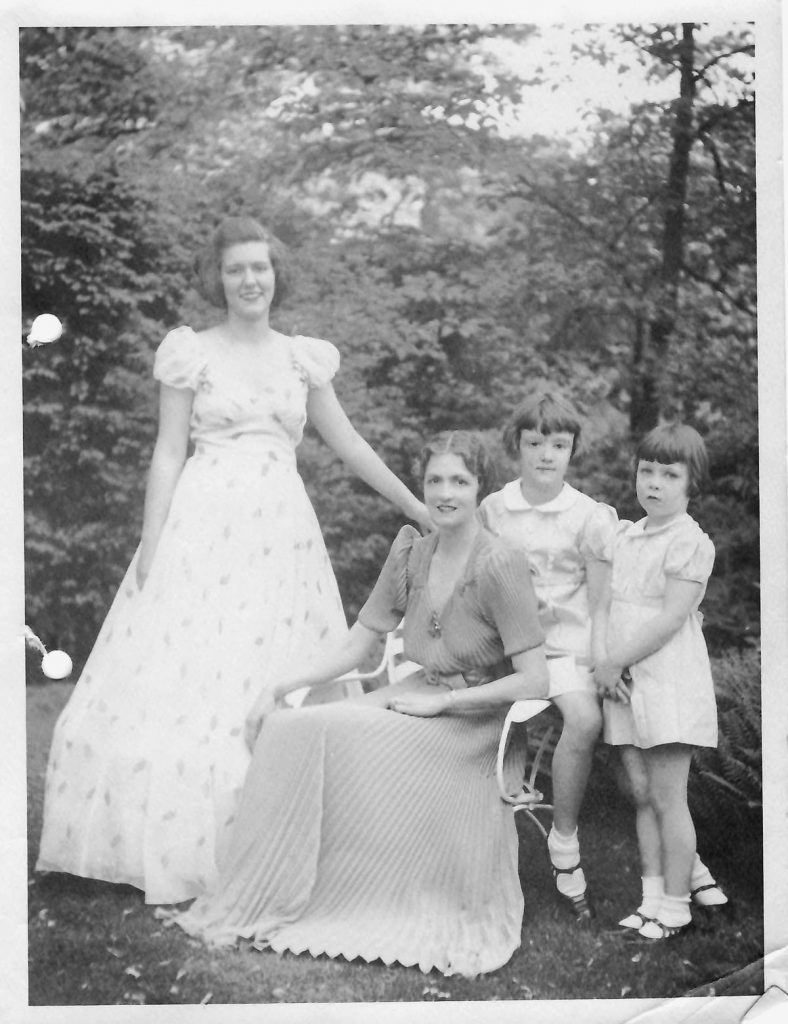
MY GRANDMOTHER NANA DIED on Good Friday, 1964, after a week in the hospital suffering from burns over much of her body. What I know of that week and of the day of her accident is a trickle of details filtered through my Dad and my sister years later; no one (most especially not my mother) told the toddler in the highchair what had happened that night, even when the toddler grew into a rambler. But Nana left me a legacy, one I would unwittingly embrace years later.
This is as much as I know of what happened that night: Nana was cooking dinner for my grandfather, who would be home late. He was chief surgeon of Sibley Hospital in Washington, D.C., and worked long hours. Three daughters grown and married, he and Nana had moved from the big stone house in Wesley Heights to this apartment high above Massachusetts Avenue. It was April, so the south-facing window in the narrow kitchen off the formal dining room might have been open, the scent of cherry blossoms or early azaleas wafting in on the damp city air.
Somehow, Nana accidentally caught her dress on fire, whether from the gas flame on the stovetop or the oven, I’m not sure. My mind can’t configure what a gas stove in 1964 was like, how a flame might have leapt out to grab her as she lifted a casserole out of the oven or bent over to stir a sauce. I imagine she might have been wearing one of those house dresses, maybe made of synthetic material which would have been terribly flammable. She was an elegant woman, so I don’t know what she wore in the kitchen. But somehow it is important for me to imagine this, and to wonder what she was cooking. Maybe it was pot roast or creamed chicken. Or maybe something fancy like spinach timbales or one of those recipes she’d mastered from the Fannie Farmer cookbook.
There was a phone in the kitchen. But when she caught on fire, Nana did not call anyone. She had been drinking, was likely drunk. Instead she went and laid down on the bed in her bedroom, passed out, and rolled off the bed. My grandfather found her on the floor.
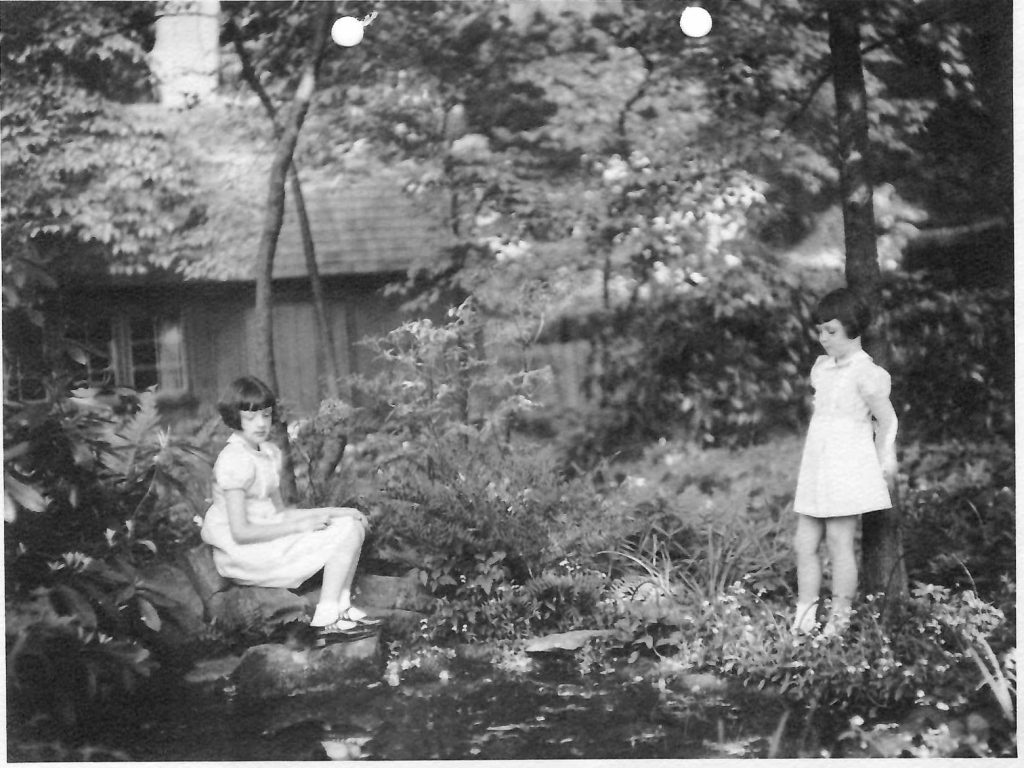
At the hospital, there were calls to the Universtiy of Texas burn unit to see if it was possible to treat her there, calls to every colleague my grandfather knew who might be able to save her life. But despite all his resources, my grandfather could do nothing; apparently it was clear from the start that she would not make it. She was cared for to reduce her suffering, while my mother and her two older sisters took turns sitting by her side. I have been told that she knew her daughters and husband were there.
My mother was home feeding me when the end came. The end to the life of a beautiful woman, sad and tormented by a disease she was never treated for, but had tried repeatedly to manage herself. It was also the end to a painful, complicated, life-shaping relationship for my mother, who had taken on the role as a teenager, after her sisters were gone, of both protecting her mother and keeping up the false social pretenses that all was well — all the while filling up her own deep pool of anxieties that she would draw from for the rest of her life.
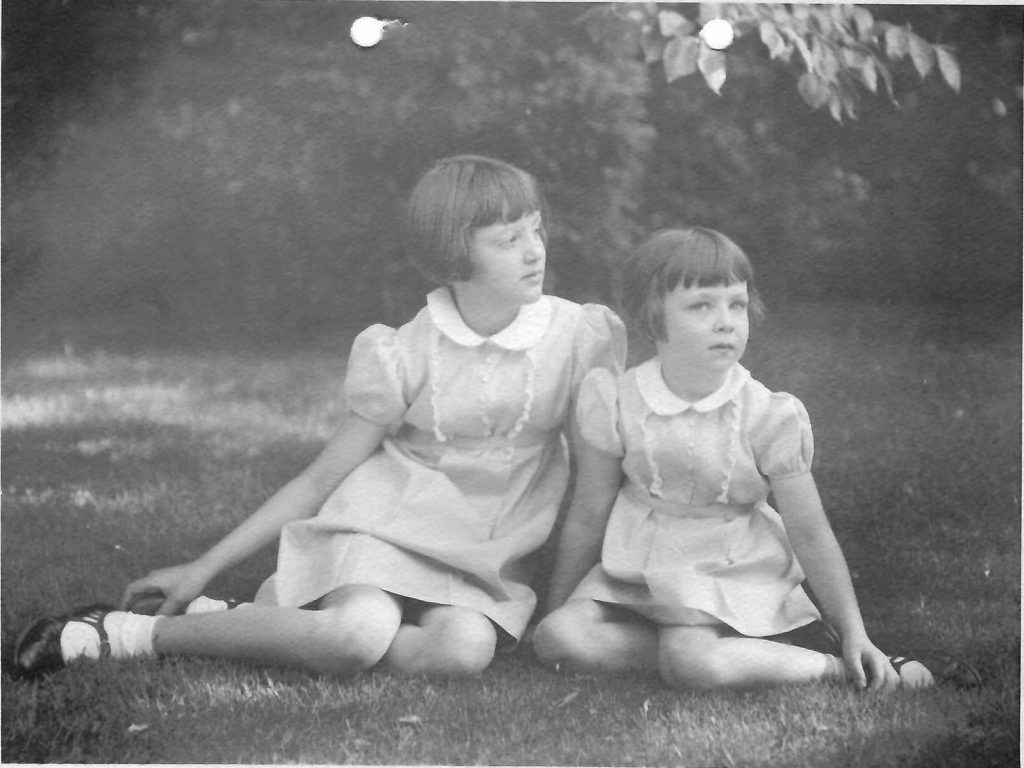
Nana left a heartbroken husband. Nana left a little granddaughter – my eight-year-old sister – who adored her. And she left my aunts and uncles and cousins. I could never know how painful this must have been for so many people.
To me, Nana left her disease. Not just her alcoholism, but the legacy of my mother’s anxieties, also passed down to me and my sister.
But she left me one other thing, too — something joyful: flowers. In news clippings and photographs, there is Nana in her garden, Nana with a vase of flowers, Nana as president of the garden club, preparing for a garden show. I know Nana must have found so much joy in flowers, that flower arranging was a creative outlet for her that must have quieted the voices for her as it does for me. The flowers surely buoyed her in good times — the stretches of time when she managed not to drink, before the obsession would take over again.
I thought about Nana a lot when I got sober, and I still think about her constantly. If she had gotten help, what might have been different? I wish she could have lived and been happy. I wish my mother hadn’t had to shoulder so much of the burden of hiding her secret. But mostly I wonder why I got the gift of sobriety when Nana didn’t. My father’s father was an alcoholic, too, and died in mid-life. I lost two cousins on my father’s side to addiction. I hold out hope that one or more of my many cousins on both sides is in recovery and that I just don’t know it. But so far, I’m the only one I know about.
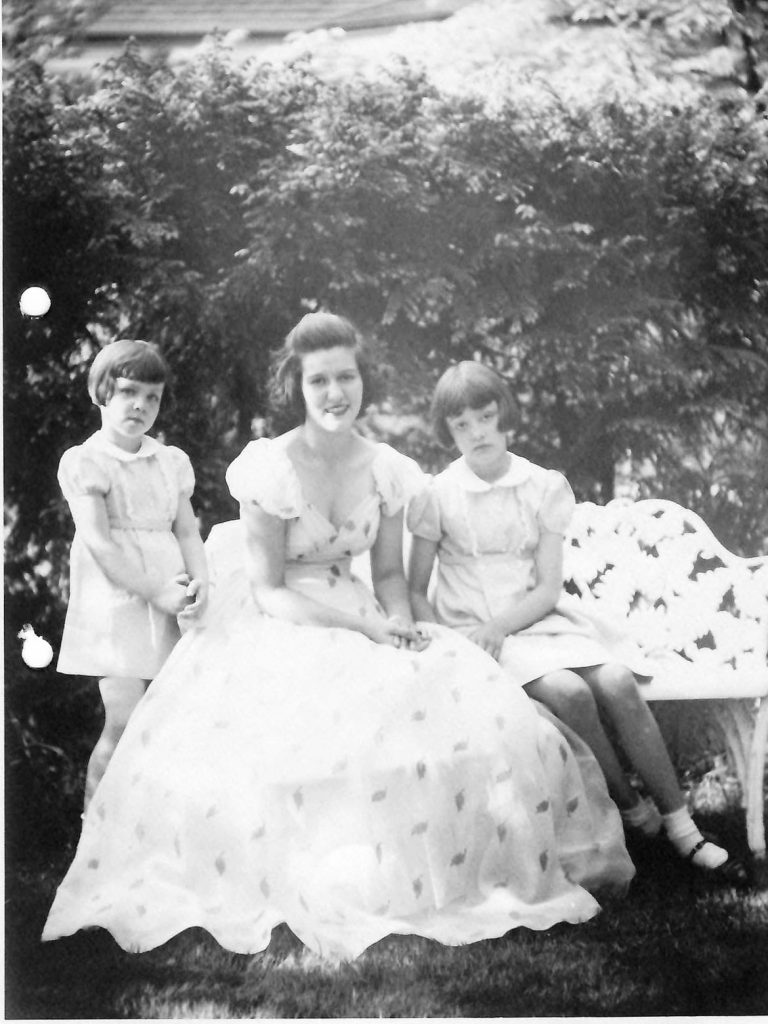
Recently my sister gave me a stack of old photos of our mother and her sisters and Nana (in topmost photo with them), all taken at the same time in the mid 1930s. My mother is the little one.
Among those photos was this later photo (above) of my mother as a schoolgirl – she was so sparkly and adorable. I would have loved to have known her then. Actually, she was sparkly and adorable all her life to many people. But she was something different to me – someone I never quite disconnected from on a steamy July night in 1962 in Columbia Hospital for Women in the city of Washington. Still haven’t, though she’s been gone for four years. It was a life-long tug-of-war. I loved her very much, but I was incapable of understanding her completely. Over and over I tried to align with her but couldn’t quite get there. I imagine she felt the same way about Nana. And that Nana’s death didn’t so much end their relationship as it did leave it suspended, forever.
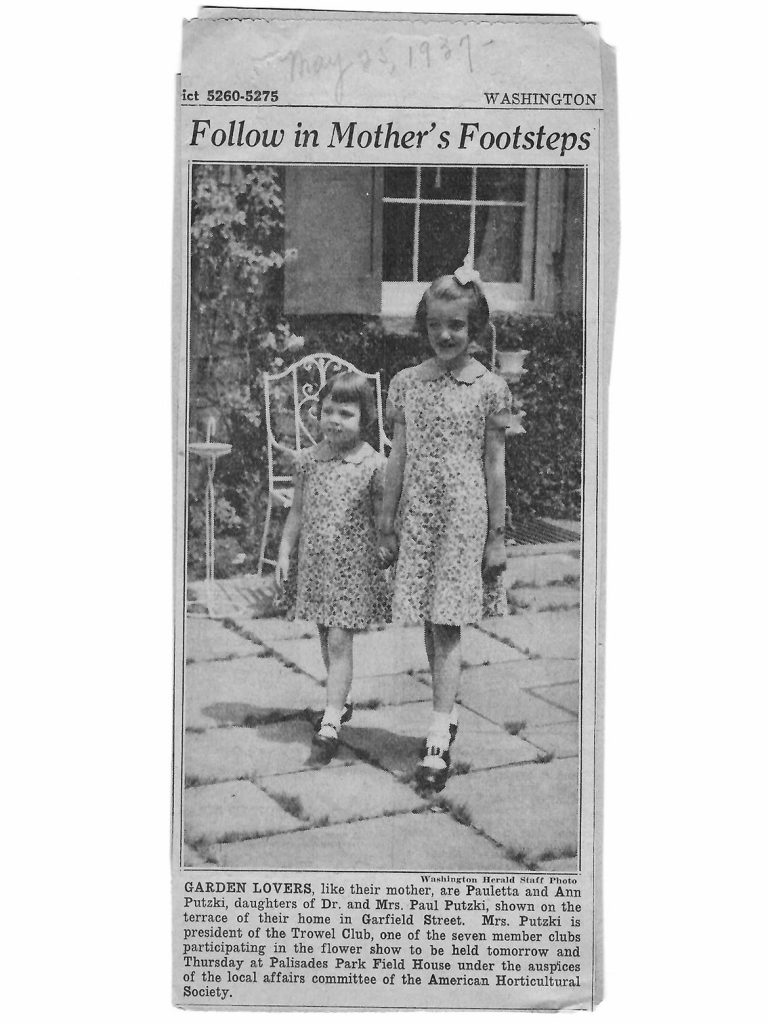
LOOKING FOR RECIPES?
Visit cookthevineyard.com and sign up for the free weekly newsletter. (Something I do as part of my day job.)
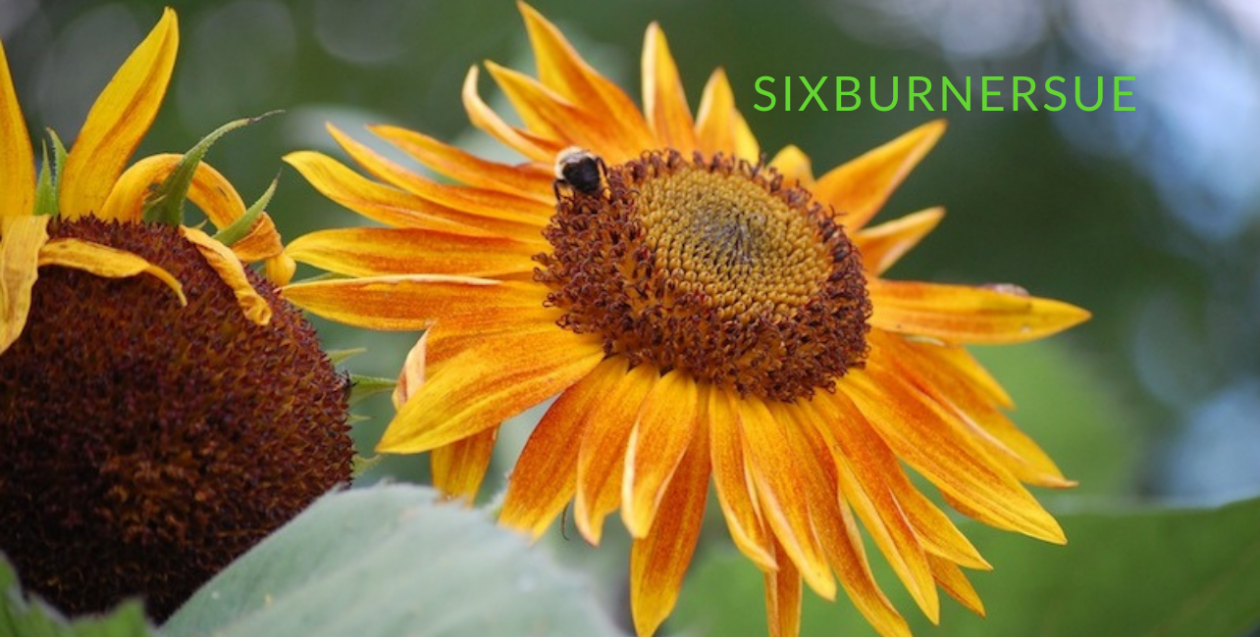
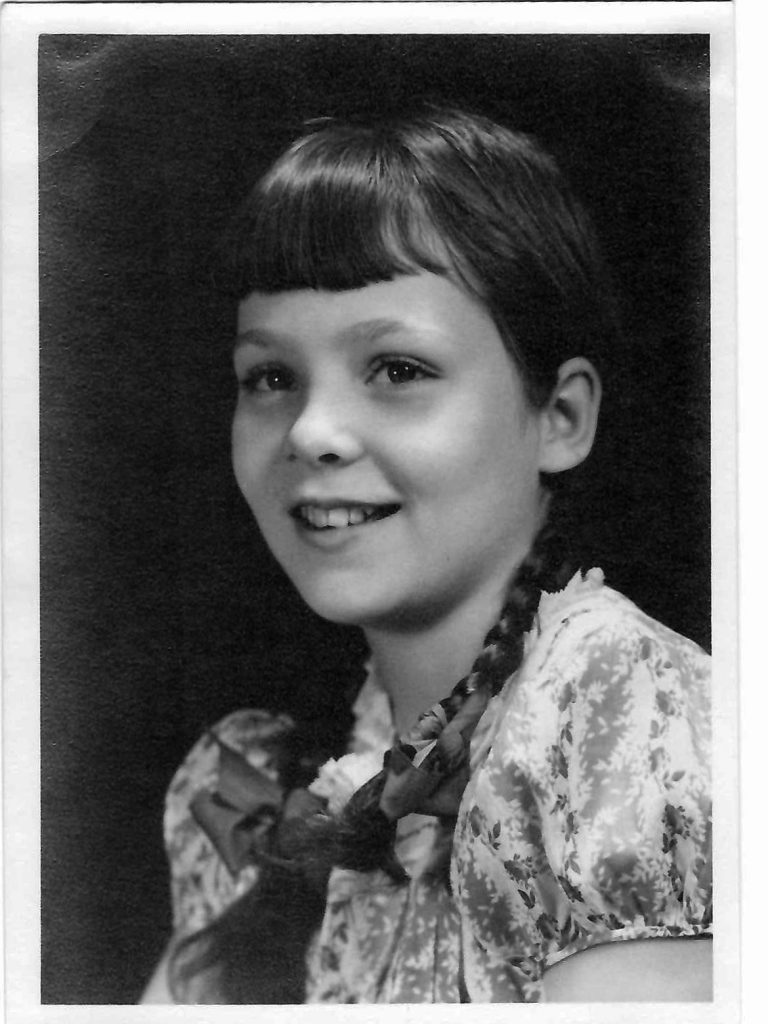
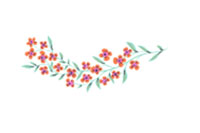
Very moving and meaningful, dear Susie. Keep blooming, growing, cooking and writing! Your gifts to us all are transformational.
Exquisite. Thank you for sharing your personal story and so beautifully.
Peace
Lisa
Thank you, Lisa.
Thank you so much Tot! And love to you all. See you this summer!
Generational scars and love so beautifully captured. Thank you for the opportunity to peer over the fence. It brings us all closer together, rather than isolated on distinct bergs.
You’re right, Jen, and nothing like the present for being closer together.